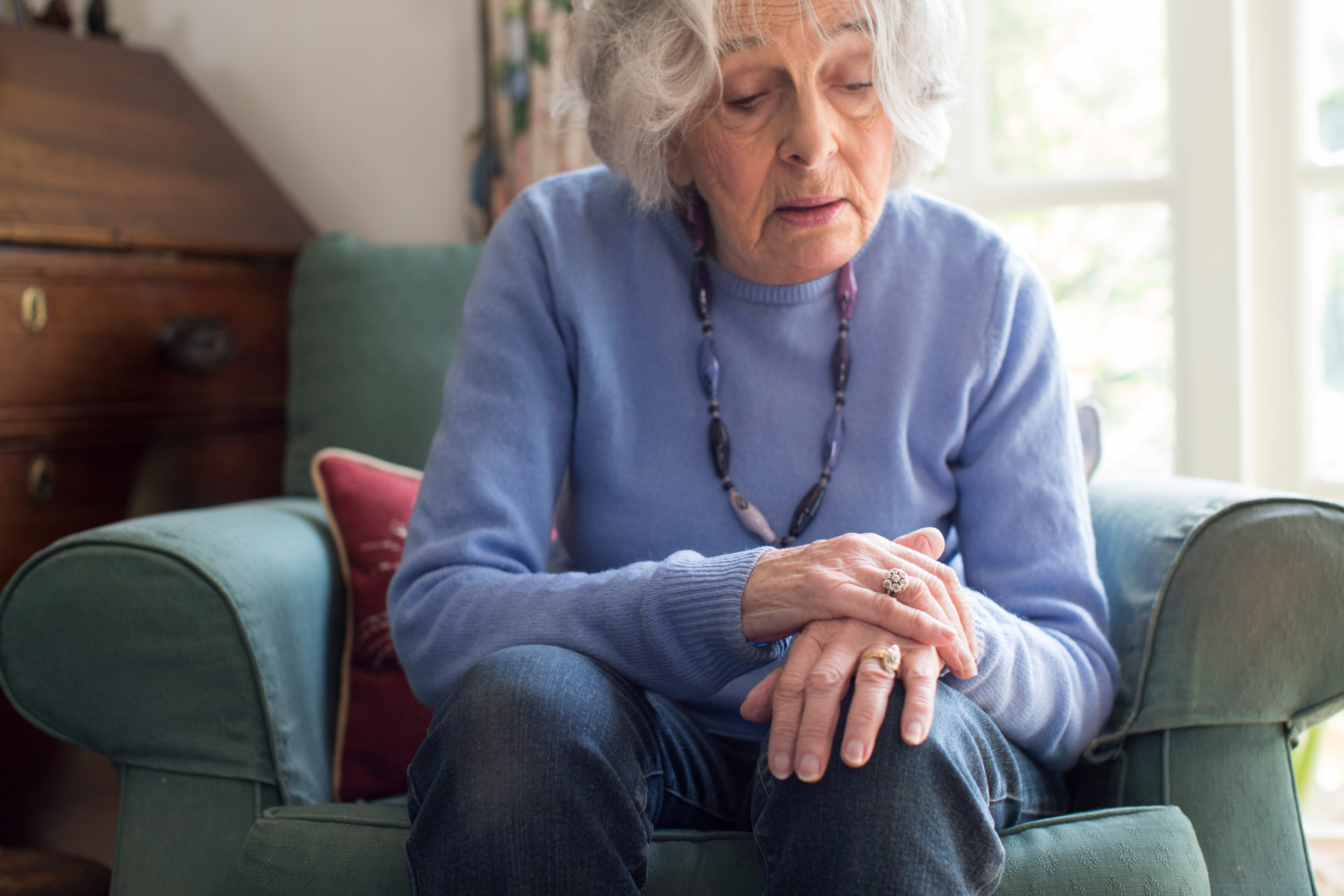The total number of people living with Parkinson’s expected to double by 2040
It’s easy to look back in hindsight and wonder how different things would have been if we knew otherwise. This is often the case when people receive a diagnosis, and Parkinson’s Disease is no exception. There’s a lot of information to absorb following the diagnosis of any health condition so here are 5 simple things to remember about Parkinson’s.
Parkinson’s isn’t just a movement-related disorder
Parkinson’s is often thought of as a condition with only movement-related symptoms. Whilst these are prominent symptoms, there are several non-movement symptoms that many people living with Parkinson’s will experience. These may include changes in bowel and bladder function, decreased motivation, hallucinations and other physical changes (such as insomnia, fatigue and speech difficulties).

Parkinson’s symptoms can fluctuate day-to-day
It is normal to have fluctuations in Parkinson’s symptoms, but these are often relatively small. A major ‘flare-up’ in Parkinson’s symptoms is unusual, and may be due to another underlying cause. If this happens to you, see your doctor or a relevant health provider immediately.
Parkinson’s does not explain every symptom or condition you experience
Symptoms such as tremors at rest, slow movement and amotivation are all common features of Parkinson’s, but this isn’t the case for every symptom you experience. For example, a fever is attributed to an infection and is not associated with Parkinson’s. Likewise, symptoms including vertigo, abrupt pain and shortness of breath could all be caused by a variety of other conditions. Again, if you have a sudden, inexplicable change in symptoms, see your doctor or a relevant health provider immediately.

It is safe to participate in exercise
People living with Parkinson’s are definitely able to benefit from exercise. In fact, an appropriate, individualised exercise program not only helps manage Parkinson’s symptoms, but can also improve aerobic fitness, muscle strength and body weight. A great resource of exercise programs for Parkinson’s is ‘PD Warrior’ – check out their website if you are interested in further information.
Life after a diagnosis of Parkinson’s can be enjoyable
A diagnosis of Parkinson’s disease can be very tough to deal with, but it is definitely manageable. There are many support groups and networks who can provide further education on Parkinson’s and improve your outlook on life. By making positive health choices around things like exercise, diet and mental health, you can reduce the likelihood of developing other health conditions.

With the total number of people living with Parkinson’s expected to double by 2040, there is growing interest in this area, which will likely correlate with improved diagnoses, treatments and outcomes in the future.
If you are interested in learning more, please feel free to use these resources
Parkinson’s Foundation. Myths about Parkinson’s | Parkinson’s Foundation
PD Warrior. Exercise Based Parkinson’s Treatment – Live Brave – PD Warrior
Parkinson’s Disease. Myths and Misconceptions About Parkinson’s | ParkinsonsDisease.net
